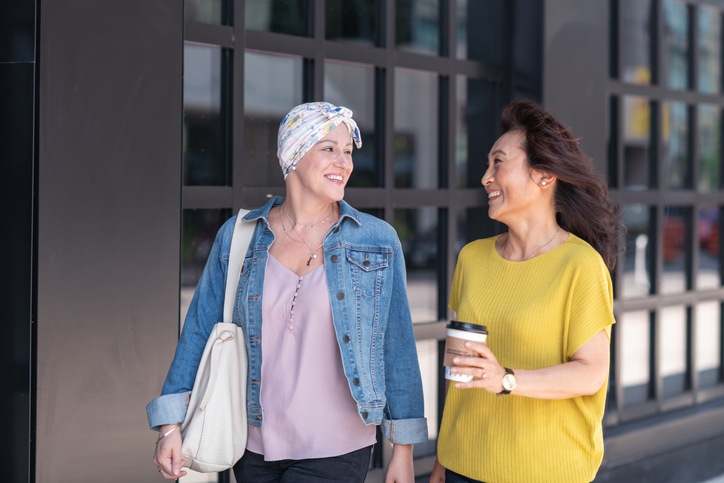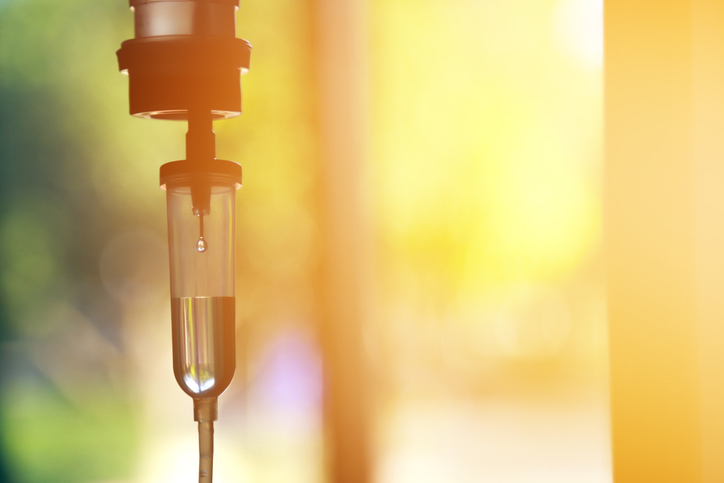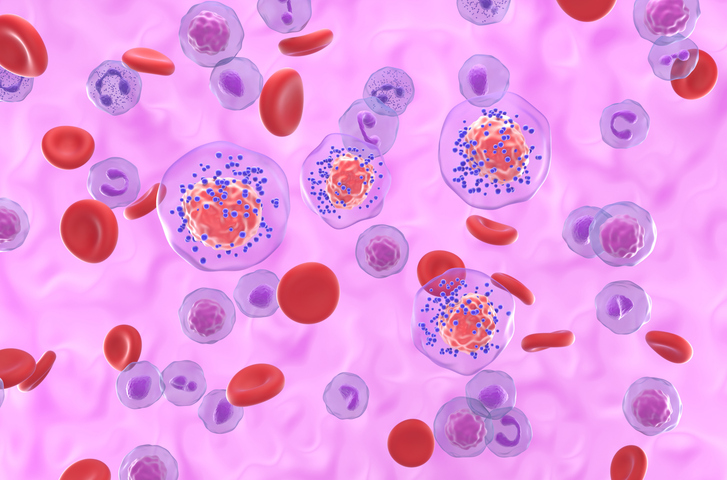
A new study compared the health-related quality of life (HRQL) of survivors of breast cancer versus non-breast cancer controls over a 10-year period. The authors concluded that while outcomes were comparable between most breast cancer survivors and non-cancer controls, certain subgroups of survivors may have lower HRQL.
This study identified 141 breast cancer survivors and 2,086 controls from the Study of Women’s Health Across the Nation (SWAN). SWAN was a multiracial cohort study that assessed midlife women each year from 1995 through 2015. At the study’s inception, none of the participants had cancer. Women who developed breast cancer over the course of study were defined as cases, and those who did not were the controls. HRQL was evaluated using the 36-Item Short Form Health Survey (SF-36) Mental Component Summary (MCS) and Physical Component Summary (PCS) scores.
“We modeled each as a function of case/control status, years since diagnosis, years since diagnosis squared, and the interaction terms between case/control status and the 2 time variables in linear models,” explained the authors. “We characterized heterogeneity in postdiagnosis HRQL of cases using group‐based trajectories.”
At the time of diagnosis and one year after diagnosis, the survivor cohort has significantly lower HRQL compared to the controls. After two years, however, the differences in HRQL were not as significant. Two trajectory groups were identified in the breast cancer survivor cohort. In the breast cancer survivor cohort’s MCS results, 88.4% reported consistently good scores, and 11.6% had very low scores; for PCS, 73.9% had good scores, while 26.1% had consistently low scores. Factors correlated with the low mental trajectory group group were prediagnosis perceived stress and current smoking. A high number of comorbidities was predictive of being in the low physical trajectory group.
The study was published in Cancer.
“Although the majority of [breast cancer survivors] have HRQL similar to non‐cancer controls after 2 years, subgroups of [breast cancer survivors] continue to have low HRQL. Prediagnosis stress, comorbidities, and smoking are vulnerability factors for long‐term, low HRQL in [breast cancer survivors],” the study authors summarized.







 © 2025 Mashup Media, LLC, a Formedics Property. All Rights Reserved.
© 2025 Mashup Media, LLC, a Formedics Property. All Rights Reserved.